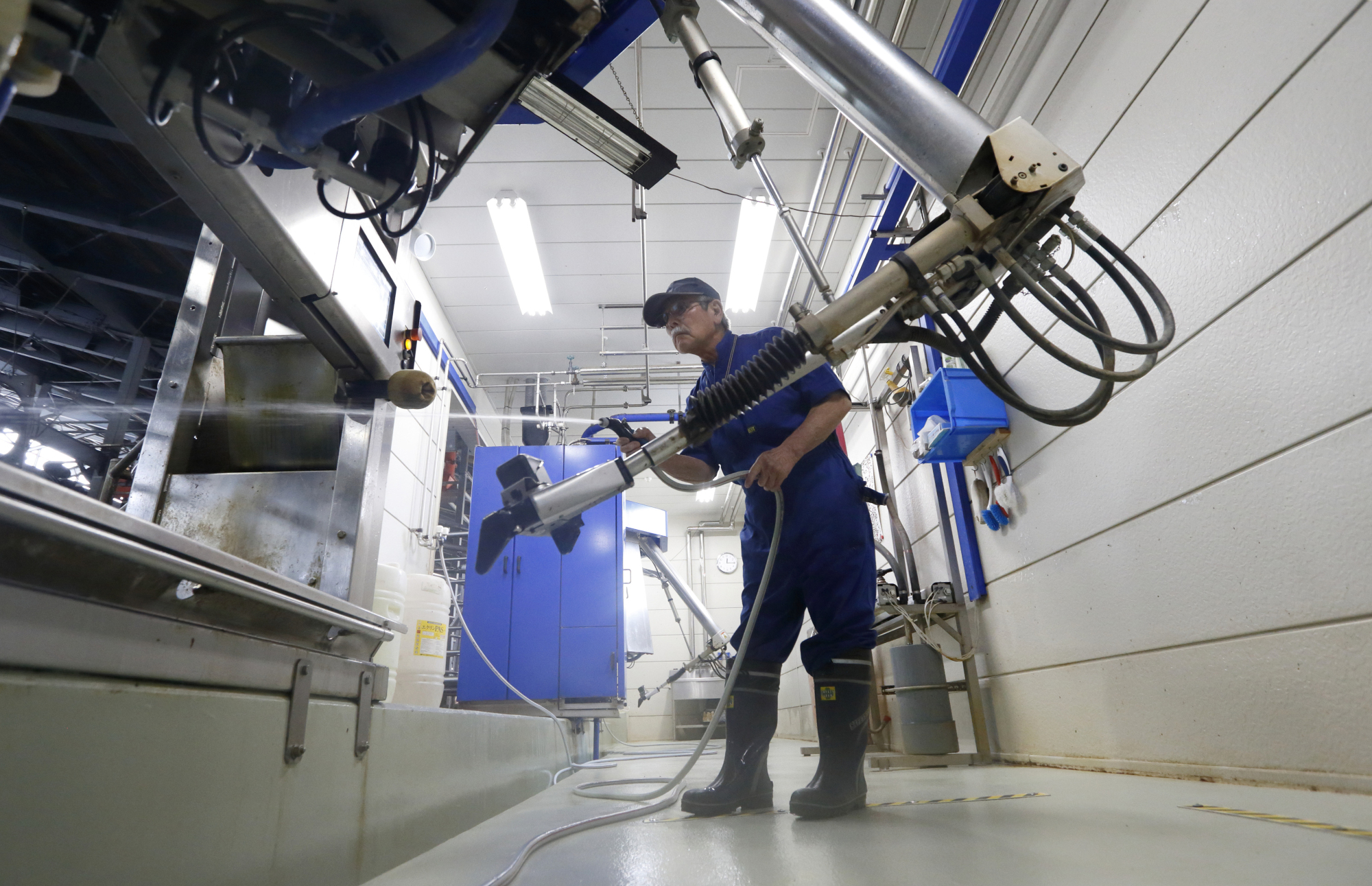Pessimists obsess about Japan's debt, deflation and demographics. The last on the list, they argue, acts as a drag on growth. Labor scarcity, aggravated by rapid technological change, makes it difficult for firms to fill available jobs — especially in new knowledge-based industries. Nicholas Smith, Japan strategist at investment bank CLSA, is an optimist. "I think demographics are the best thing that ever happened to Japan," he says.
Even as manufactures hum along, honed by decades of competition in foreign markets, Japan's unprofitable and inefficient (mostly) labor-intensive service-based companies — zombies — remain in business. The zombies are now slowly disappearing. Firms that were previously operating unprofitable business divisions and are now unable to recruit workers on desired terms are telling themselves, "Actually, we can't afford to do this. We've actually got a labor shortage," reports Smith.
The bursting of Japan's 1980s bubble economy turned many profit-making companies into zombies that drew nourishment from lenders unwilling to recognize their souring loans. Rather than lay off workers, indebted big firms transferred employees they could not fire into purpose-built new business divisions. Nippon Steel, for example, started a business producing orchids. "Big burly steelmakers were taking care of their little orchids. It was just pitiful," remarks Smith.

















With your current subscription plan you can comment on stories. However, before writing your first comment, please create a display name in the Profile section of your subscriber account page.